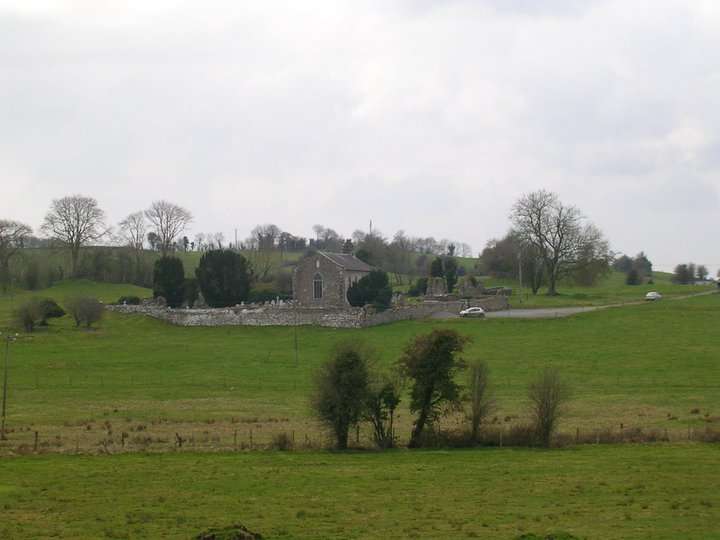Turning from the grave and looking at the stones dotted around the ancient graveyard, there was a sense that death had to be coped with, no amount of platitudes or evasions detracted from its brute reality. A stoical frame of mind brought a recalling of Ted Hughes ‘Crow’.
“Crow” for me is a way of coping with life, or, more to the point, with coping with death.
The lines of “Examination at the Womb-Door” sound strange, but in the concluding words there is a sense of hope.
“Who owns those scrawny little feet? Death.
Who owns this bristly scorched-looking face? Death.
Who owns these still-working lungs? Death.
Who owns this utility coat of muscles? Death.
Who owns these unspeakable guts? Death.
Who owns these questionable brains? Death.
All this messy blood? Death.
These minimum-efficiency eyes? Death.
This wicked little tongue? Death.
This occasional wakefulness? Death.
Given, stolen, or held pending trial?
Held.
Who owns the whole rainy, stony earth? Death.
Who owns all of space? Death.
Who is stronger than hope? Death.
Who is stronger than the will? Death.
Stronger than love? Death.
Stronger than life? Death.
But who is stronger than Death?
Me, evidently.
Pass, Crow..”
Who is stronger than death? Each of us has to be.
There is no palliative for the pain, nothing to change the reality, just the grim fact that we are still here and that death does not have us.
Till our day to be called home comes, we are to be like Crow.
